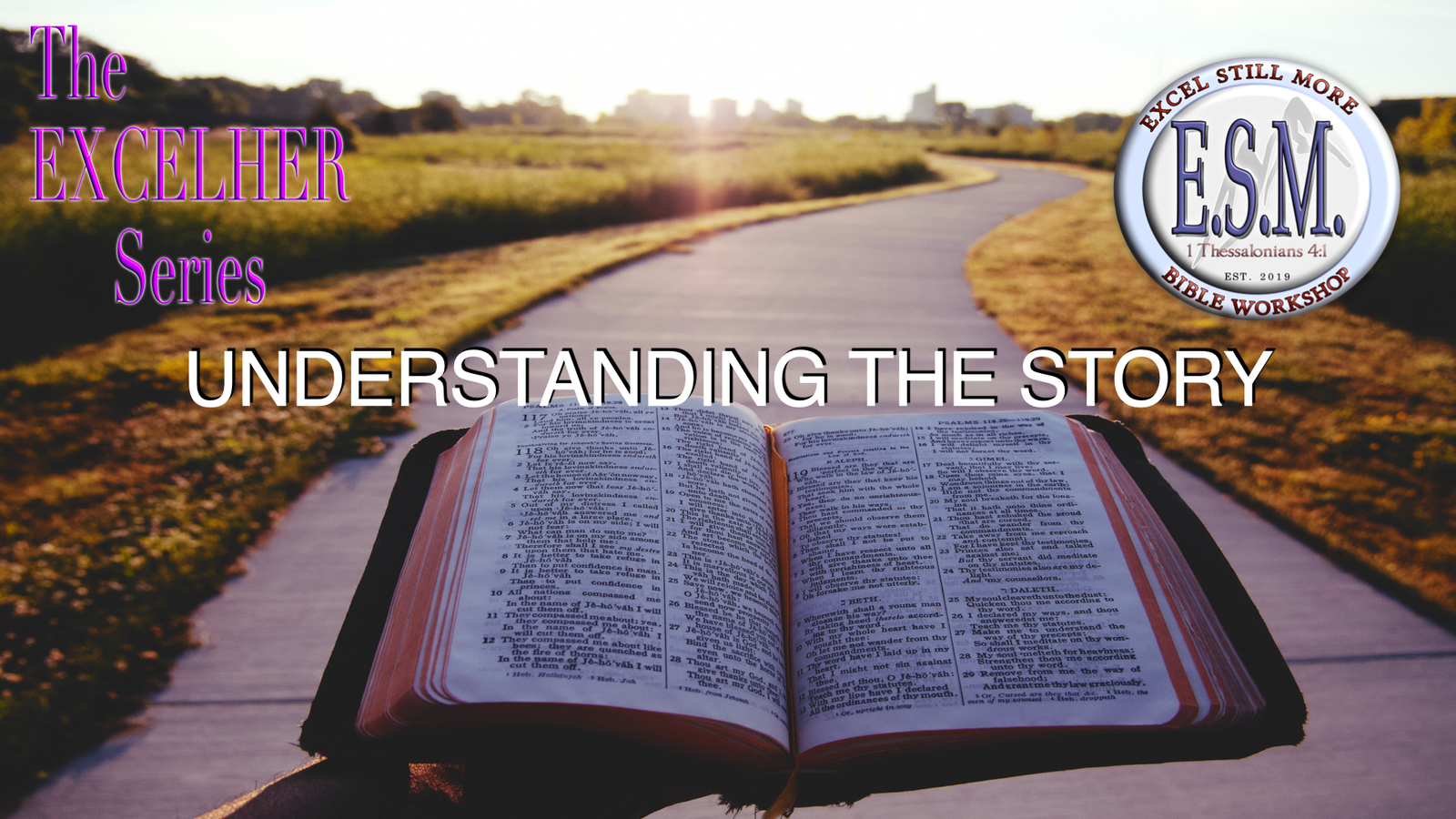Even from a secular perspective, the Bible is an absolute masterwork. It was composed by about forty different men over the course of about 1500 years, and yet, it maintains amazing continuity. Throughout the entirety of Scripture, there is one continuous narrative connecting all of Scripture: the story of redemption. In order to fully understand the more challenging parts of Scripture, it is imperative that we first have a grasp on this unfolding story.
It is common for people to pick up a chronological Bible and get lost in the weeds while reading through it. Scripture has so many details, prophecies, and general teaching sections that are incredibly valuable. However, when trying to grasp the storyline of the entire Bible, it is important to take some time to focus on the historical narrative accounts and how they fit together.
There are so many times Scripture will reference a specific story in order to make a point. Take a minute to read Hosea 2:15 and Isaiah 65:10. Without an understanding of Biblical history and what happened at the Valley of Achor, it is impossible to fully appreciate the point being made in these passages. However, if you are familiar with the account in Joshua 7, where Achan dishonestly hid spoils of war and caused Israel to lose in battle against the tiny nation of Ai, it brings an entirely new light to these passages. To the Israelites, Achor was synonymous with shame, defeat, and punishment for sin. The prophecies in Hosea and Isaiah take on an incredible air of hope after understanding the significance of the Valley of Achor.
This deeper understanding is not reserved for prophecy, though; there are many historical accounts that are used to paint a picture of an abstract concept that might be difficult to fully comprehend. How can you possibly grasp the full significance of Jesus being our Passover lamb without knowing the events of Exodus? How can you feel the emotional weight of having the tree of life restored in Revelation 22:1-2 without understanding the pain of it being taken away in Genesis 3? In order to view Scripture in its fullness, you must first be able to grasp the story of redemption that flows throughout, connecting the entire Bible.
In a seminar entitled “Seeing the Forrest For the Trees,” Dr. Dan Owen made an excellent suggestion. He listed several books to read in order that will give you a basic chronology of the Bible.
-
Genesis
-
Exodus
-
Numbers
-
Joshua
-
Judges
-
1 Samuel
-
2 Samuel
-
1 Kings
-
2 Kings
-
Daniel (chapters 1-6)
-
Ezra
-
Nehemiah
-
Luke
-
Acts
-
Revelation
He suggested reading these over and over again until you understand the flow of Biblical history.
I find it helpful as you read to write out your own timeline. This can be as creative or as simple as you want it to be. Use your hall to make a beautiful work of art depicting the Biblical events in the order they appear, or simply make a list in a notebook. The options are endless, but the important thing is processing and understanding how the events fit together and the order in which they occur.
Not only is this a great activity for you to work on individually, it can be an amazing opportunity for the whole family to grow together as they learn about God’s word. So often, families search high and low for a devotional book to go through together. What if, instead of a random book on the shelf, you dedicated your family devotional time to learning and committing to the memory of God’s story of redemption? Imagine the boost to the Biblical literacy of the entire church if just a few families made this commitment.
Kristy Huntsman
Kristy Huntsman is the editor-in-chief for Come Fill Your Cup and the author of three books in the Finer Grounds Bible Study series published by Kaio Publications. She and her husband Lance attend the Stonewall Church of Christ where Lance is the minister. She is a homeschooling mom of two sweet girls, Taylor (14) and Makayla (11). Kristy has a master’s degree in biblical studies from the Bear Valley Bible Institute as well as Bachelor's and Master's degrees in Music Performance. She continues her education by pursuing specialized certifications in biblical languages from the Biblical Mastery Academy.






